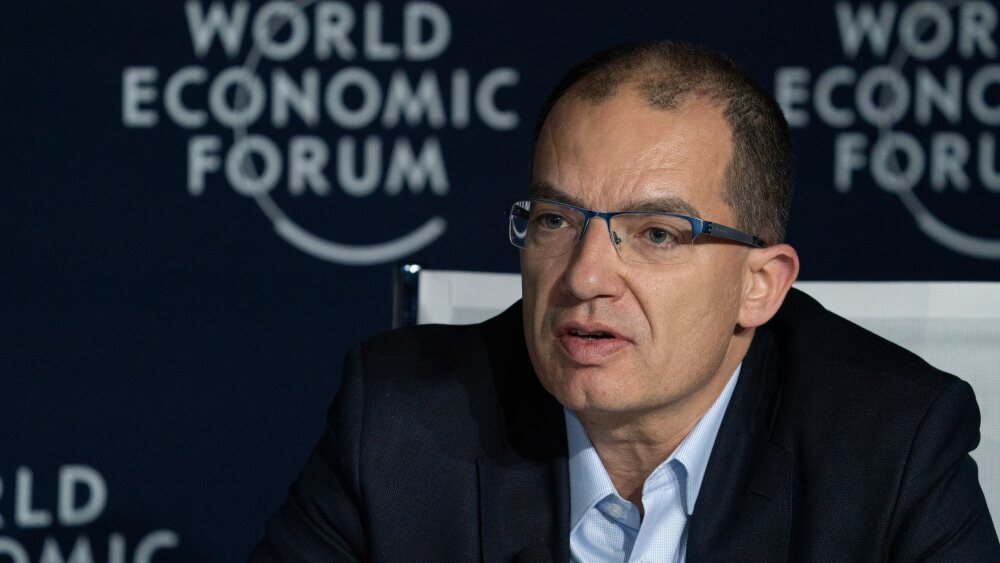May 5, 2015
By Mark Terry and Riley McDermid, BioSpace.com Breaking News Staff
Will Watertown, Mass.-based pSivida Corp be the next blockbuster company? At least one analyst thinks so, saying in a note this week that the company bears comparisons to behemoth Regeneron Pharmaceuticals, Inc. .
Regeneron, headquartered in Tarrytown, N.Y., is best known for marketing Eylea (aflibercept), a treatment for Neovascular (wet) Age-related Macular Degeneration (AMD). In 2004, when the company first began work on Eylea, stock was selling for about $7 per share. Today it is selling for $463.80 per share.
So what does pSivida have in common with Regeneron?
An anonymous Austrian analyst on Seeking Alpha who goes by the name Austrolib, interviewed pSivida’s chief executive officer, Paul Ashton, in an attempt to draw parallels to Regeneron.
Although Regeneron’s focus is on drugs and therapeutics, pSivida focuses on drug delivery mechanisms. Specifically, the company is working to develop microinserts, which are extremely small devices that can have already approved drugs inserted into them, which are then injected into the body. Instead of a patient receiving regular injections from their doctor, a single injection of a microinsert will act as a very long-acting time-release capsule that could last for months or possibly years, at least in theory.
So far the technology is being used in eye-related diseases, which is the obvious comparison point to Regeneron. Thus far, pSivida has licensed one of its products, Durasert, to Pfizer Inc. for the development stage latanoprost. It has also licensed Durasert to Alimera Sciences for Iluvien products. To date the company’s efforts have been for the development of sustained release drug delivery to treat eye diseases.
On April 14, 2015, the company announced that Iluvien had been granted market authorization by Poland’s Office for Registration of Medicinal Products, Medical Devices and Biocidal Products for the treatment of vision problems related to diabetic macular edema (DME). Iluvien has been approved in 17 European countries.
In September 2014, Alimera Sciences announced the U.S. Food and Drug Administration (FDA) had given approval for Iluvien’s use for the treatment of DME in the U.S. The product went on sale in the U.S. in the first quarter of 2015.
“The approval of Iluvien is wonderful news for the retinal community, as recent studies have indicated that as many as 50 percent of DME patients are not optimally managed with today’s standard of care known as anti-VEGF therapies,” said Pravin Dugel, of Retinal Consultants of Arizona and a clinical associate professor of the Doheny Eye Institute at the Keck School of Medicine at the University of Southern California in a statement. “Having a multi-year delivery, low-dose corticosteroid drug will provide an additional treatment option for patients with this disease.”
Most of those profits will go to Alimera, although pSivida received a $25 million milestone payment upon FDA approval. That funding, at the company’s current burn rate, should hold it steady through 2017.
Much of the company’s hopes apparently rest on Medidur, which is the same technology as for Iluvien, but for a different indication, posterior uveitis, which is an inflammation at the back of the eye. pSivida currently has Medidur in a pivotal Phase III trial, with results expected sometime next year. If successful, all royalties would go to pSivida. Because the Iluvien product has already been approved and on the market, expectations are that the approval for Medidur will run smoothly.
As the technology gets smaller and more effective, if deemed safe and reliable, it would potentially be useful for other markets than optical disease treatment. Pfizer’s partnership is for its own drug, Xalatan, for glaucoma. Pfizer Inc.)'s investment indicates it owns 6.3 percent of pSivida. And if the Xalatan (latanoprost) makes it to Phase II trials, pSivida would be eligible for a $20 million milestone payment.
Will Hungry Pfizer Make a Play for Struggling GlaxoSmithKline?
Almost a year after its $119 billion offer for AstraZeneca PLC fell apart in the face of massive opposition from regulators and internal dissent, global drugmaker Pfizer Inc. is once again being floated as a potential buyer of another marquee-name British pharmaceutical company: GlaxoSmithKline . We at BioSpace want to know your thoughts: With cash to burn, will Pfizer go hunting for Glaxo?





